How to teach Narrative
Narrative theory
is familiar and a relatively easy concept for teachers and
students of literature. Narrative structures can be studied
in works of literature, journalism, theatre, and all time
based media like movies or television adverts. While many
media text can be analyzed according to 'classic' narrative
principles of storytelling, moving images and digital forms
require also a new critical framework.
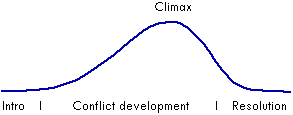
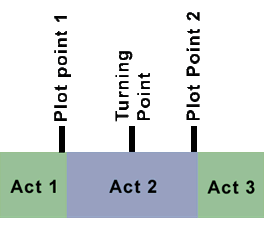
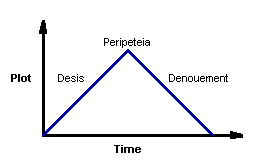
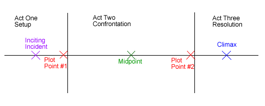
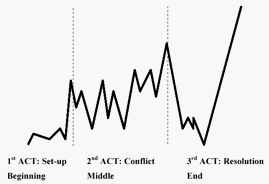
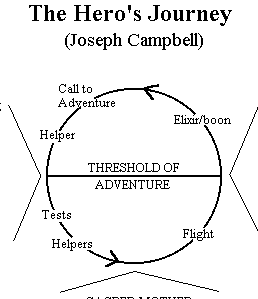
"There are layers to narratives, to be sure, and
they inevitably revolve around a mix of the present and
the future, between what's happening now and the
tantalising question of where it's all headed.
"
Everything
Bad is Good for you: how Popular Culture is making us
smarter. S. Johnson, Penguin, 2005
As one of the long-standing
'key concepts' applied to media texts by A Level
students, narrative theory is an essential part of the
media teacher's toolkit. Although narrative tends not
to appear discretely as a topic for A Level students,
all 'micro' textual analysis requires the analysis of
narrative at the level of the text, and many of the
broader topic areas relate genre and audience to
questions of narrative. Furthermore, all production
work is informed by a range of creative decisions about
storytelling, and the current assessment conventions
require students to write reflectively about such
narrative construction.
Narrative is also a relatively easy concept for the
English teacher to apply to media, but there are pros
and cons that come with such ease of transition. Are
media texts and literature interchangeable in narrative
terms, or do moving image and digital forms require a
new critical lens?
There are a variety of ways in to working on narrative
with students, and the teacher will offer a range of
strategies that reflect this. First, the more
straightforward deconstruction of texts according to
'classic' narrative principles (how space and time are
manipulated in storytelling across a range of media),
and second, a way of 'doing narrative' that challenges
the more orthodox approach and asks whether reading
media texts is really more complex.
In order to raise such questions, one may focus,
amongst other media, on computer/ video games as texts
which potentially transgress conventional notions of
media reading and writing. The objective is first to
familiarise participants with the 'typical' approach to
narrative work in Media Studies, and also to challenge
the concept itself.
Julian
McDougall, Newman College of Higher Education,
Birmingham
Read about
Film Narrative and Television
Narrative
and a summary of the Key Questions